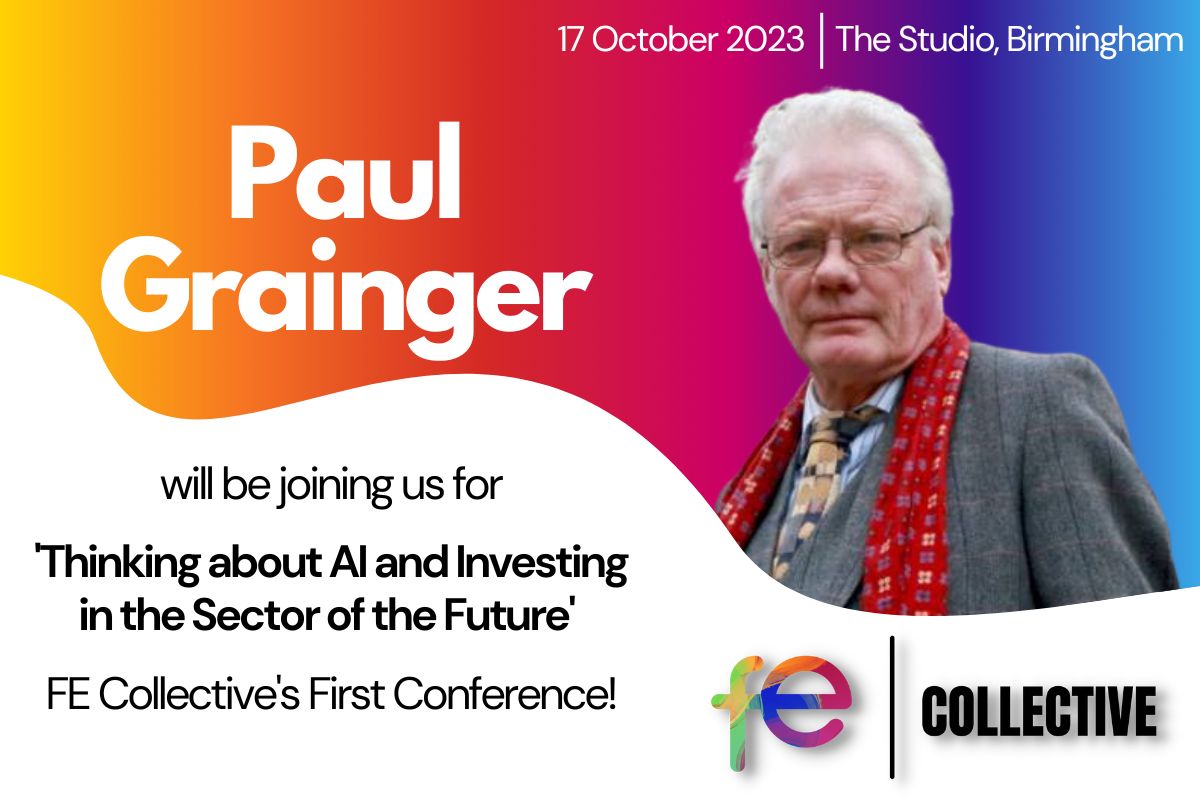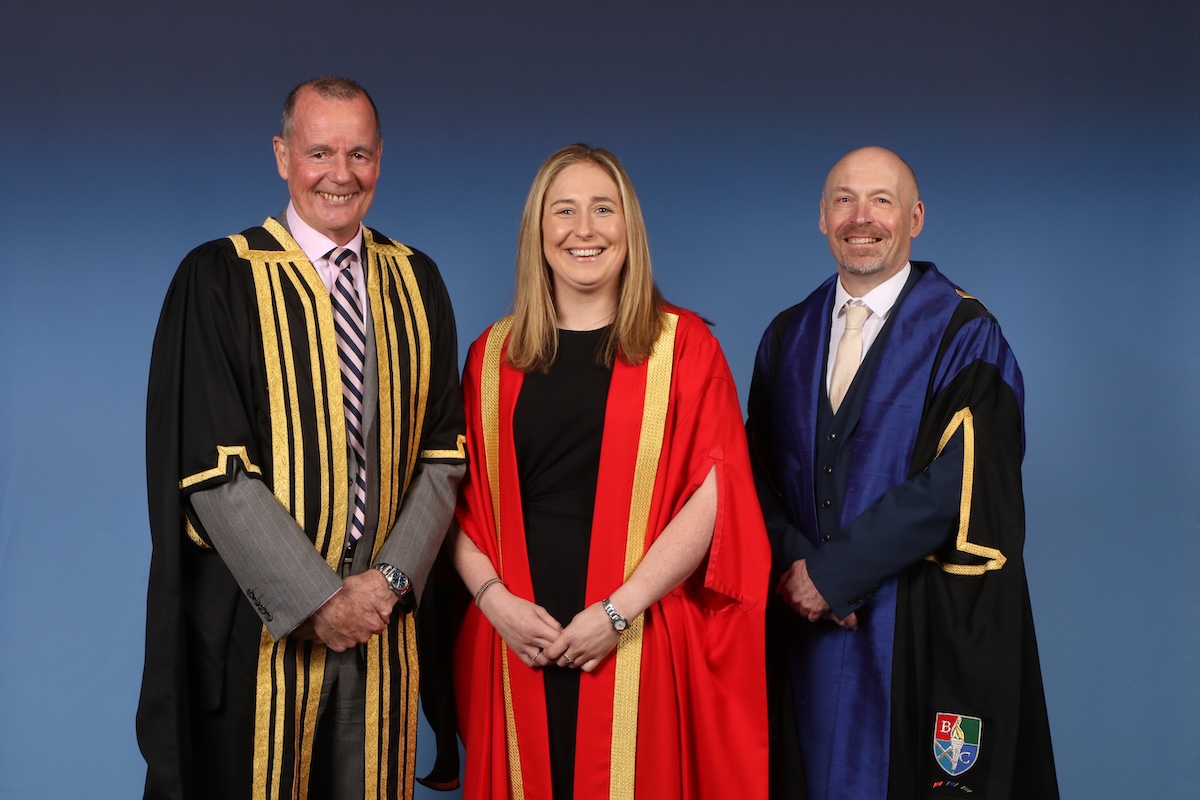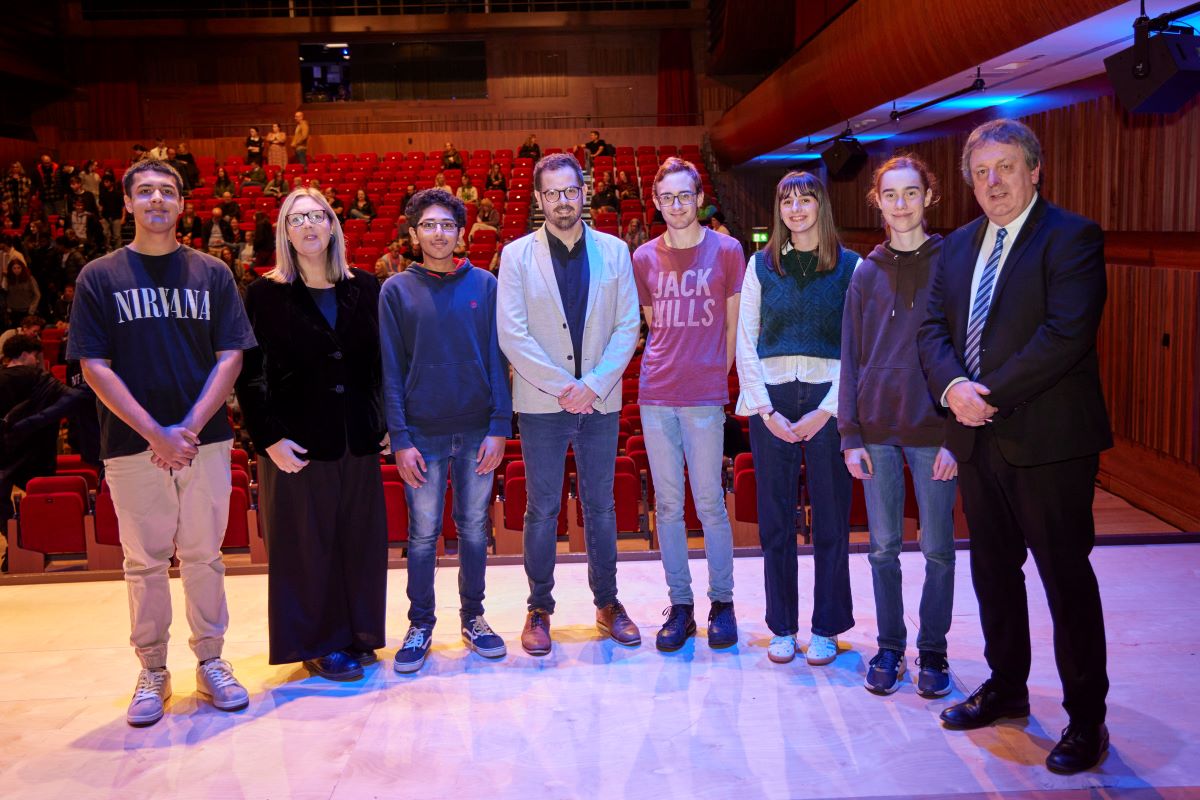The Foundation of Values and Value in the 21st Century

What should we value in the 21 century. An Oxford conference explores the impact of the metaverse, climate change, and social inequality on the values we hold. Values that are closely linked to FE.
In late January 2023 I took part in a conference on values and value, at the Blavatnik School of Government, Oxford. It was a great privilege. During my career in FE, the pressures on the sector were such that it was hard to find the time to reflect on wider values, other than a conviction that vocational education was beneficial to the learner, and under-rated, yet vital for the future of society.
The white paper from the conference has just been circulated to participants. I hope it will be more widely published.
The good news is that in discussions on business practice and public policy for the 21st century, there was a forceful, pervasive argument in support of the future role for further education. The white paper recommends the use of further education colleges as spaces in which to run collaborative experiments and conversations. ‘We recommend further education colleges as places that have strong links to and understanding of the communities in which they are based’. This is a rare acknowledgment of what we in FE understand but is rarely recognised in the policy community. ‘They are typically established in those communities, with good relationships with local businesses and other local employers, and knowledge of the skills base and potential of the communities.’
Concept of Colleges as civic ‘anchors’
This is very much in line with our concept of Colleges as civic ‘anchors’ (e.g. FE News, April 2020). There was also an understanding of the pressure on us: ‘There is no small irony in the fact that further education colleges have recently been brought together under the direct control of the Treasury’.
Delegates came from far and wide. Jointly organised by the University of Oxford, the Blavatnik School of Government, the Saïd Business School, Oxford Internet Institute, the Fraunhofer Centre for International Management & Knowledge Economy (IMW), Global Solutions, the New Institute, Hamburg, it drew scholars from around the world. With 134 delegates the conversation ranged widely.
One focus was to ‘reassert the centrality of moral values for the conduct of human life and to explore the role of values in policy and business decision-making’.
This is in a context of threats from a climate crisis, environmental degradation, geopolitical tensions, misinformation, loss of trust, and growing inequality on a national and global scale.
We took the premise that moral values are not rules, they are established by socialisation and storytelling. Consequently, they vary between cultures. What are the chances of a universal protocol? Sadly, the focus of nations has for many years been overwhelmingly on economic growth and GDP. Yet some businesses are moving on from purely profit maximisation towards new concepts of the economy that provides benefits for the future. There is an increasing literature on ‘altruistic leadership’, and value-based policy making, which reconsiders notions of ‘prosperity’. Increasingly calls for a greener future are accompanied by consideration of a ‘just transition’ where biological survival is accompanied by decreased social inequality, towards amplifying the voices of those who are less powerful. Again, Further Education is central to this ‘Solutions must be designed at a local level, with participation by multiple stakeholders, including local government, businesses, charities, education providers, and local people’.
Values, of course, can be manipulated.
Hence the second focus of the summit, the need for digital governance. The metaverse presents a challenge to traditional values. At presentillegal, or simply toxic, content and misinformation can easily spread online, companies collect and exploit the customer data that is supplied mostly unwittingly through digital transactions and activities. (This manipulation goes further than just economic greed. In 2018 the Cambridge Analytica scandal revealed just how far manipulation of data mined by Facebook could be used to pervert political processes). The conference identified metaverse threats as:
- toxic content
- misinformation
- deepfakes
- monetising privy data
This could be augmented by a report on Responsible use of AI submitted to the International telecommunications Union (ITU) in June of this year, as yet unpublished. This identified, as threats particularly to children in the metaverse:
- cyberbullying
- sextortion
- risks to privacy
- content risk
- conduct risk
- contract risk
- scams
- downloading malicious software
There has been more than sufficient time for the digital industry to introduce some form of self-regulation. It has failed to do so. Indeed, its monopolistic tendency has led to increased toxicity in the metaverse. Clearly some form of regulation, not just of content but also of the systems used, needs to be introduced. Hopefully this can be at a global level.
Three ideas were presented.
- There was strong support for the suggestion from Paul Twomey, co-chair of the Global Initiative for Digital Empowerment, that citizens should be given ownership and control of their own data. Instead of being mined for commercial or political purposes, people could determine where the data is used, and trade it, thereby establishing a data market.
- I made the point that the school-college curriculum should be significantly restructured to maximise students’ awareness of, and safe use of the metaverse.
- Governments should be encouraged to ensure that what is illegal offline, is also illegal online.
A third focus for the conference was regionally based regeneration. This is an important aspect of the ‘just transitions’ programme, that regeneration should be values-driven and place-led. Both globally and nationally inequality is exacerbated in left-behind regions. The UK, for example is one of the most centralised states in the industrialised world and has the most unequal life chances and lowest intergenerational life chances of any other country in the OECD.
Top-down policymaking has not worked. We witness this daily in Further Education. Recent governments have operated a ‘place blind’ public policy where London outperforms while other regions compare badly on most indicators. Vocational education is intimately linked into locality, colleges are civic and economic anchors. This needs to be valued.
Enjoyed this article.. well hear and work with Paul at the FE Collective
What is the FE Collective?
The FE Collective is a flipped conference, where the audience will work together to tackle some of the biggest challenges in the FE and Skills sector. To collectively share ideas, visions and solutions for the system of the future.
This is an outcome-driven gathering of thought leaders and influencers, working together to come up with a collaborative report.
Find out more about the FE Collective, check out the agenda and get your tickets down below!
FE News on the go…
Welcome to FE News on the go, the podcast that delivers exclusive articles from the world of further education straight to your ears.
We are experimenting with Artificial Intelligence to make our exclusive articles even more accessible while also automating the process for our team of project managers.
In each episode, our thought leaders and sector influencers will delve into the most pressing issues facing the FE sector, offering their insights and analysis on the latest news, trends, and developments.













Responses